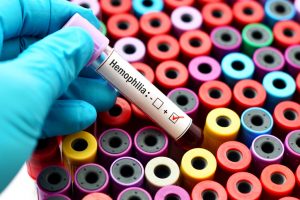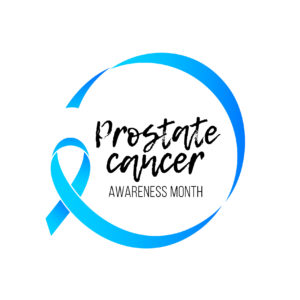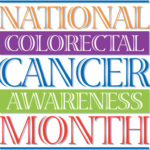March is recognized as Bleeding Disorders Awareness Month. This observance raises awareness for bleeding disorders such as hemophilia.
Hemophilia is a genetic disorder that slows the blood clotting process. It is estimated that hemophilia occurs in 1 in every 5,000 male births in the United States. The disorder very rarely develops in girls.
According to the Centers for Disease Control and Prevention, “Hemophilia is caused by a mutation or change, in one of the genes, that provides instructions for making the clotting factor proteins needed to form a blood clot. This change or mutation can prevent the clotting protein from working properly or to be missing altogether.”
Because people with hemophilia lack sufficient blood clotting proteins, this causes them to bleed longer than they normally should. Bleeding can occur spontaneously or following an injury. Other common signs and symptoms that they may experience include:
- Bleeding into the joints can lead to swelling, tightness or pain (This most commonly affects the ankles, knees and elbows)
- Bleeding from the mouth and gums
- Bleeding after receiving vaccinations or injections
- Blood in the urine or stool
- Frequent and hard-to-stop nosebleeds
- Bleeding into the skin (bruises)
- Bleeding into soft tissue and muscle (hematomas)
A diagnosis of hemophilia is determined after blood has been tested to reveal a clotting-factor deficiency. If it is found that the blood is not clotting as it should, tests known as factor assays are required to explore the cause. In severe cases, the disorder can be diagnosed within the first year of a child’s life. People with a family history of hemophilia are encouraged to have their baby boys tested soon after birth.
One of the most common approaches for treating hemophilia is to replace the missing blood clotting factor. This treatment is administered through a tube placed in the vein. Other forms of treatment can include taking clot-preserving medications, injecting the hormone Desmopressin (DDAVP), applying fibrin sealants, and participating in physical therapy.
There are several measures that a person living with hemophilia can take to reduce the chances of injury or excessive bleeding. The following are recommended: avoid taking blood-thinning medications, exercise regularly (contact sports should be avoided), practice good dental hygiene and avoid certain pain medications that can aggravate bleeding such as aspirin.
All content of this newsletter is intended for general information purposes only and is not intended or implied to be a substitute for professional medical advice, diagnosis or treatment. Please consult a medical professional before adopting any of the suggestions on this page. You must never disregard professional medical advice or delay seeking medical treatment based upon any content of this newsletter. PROMPTLY CONSULT YOUR PHYSICIAN OR CALL 911 IF YOU BELIEVE YOU HAVE A MEDICAL EMERGENCY.










